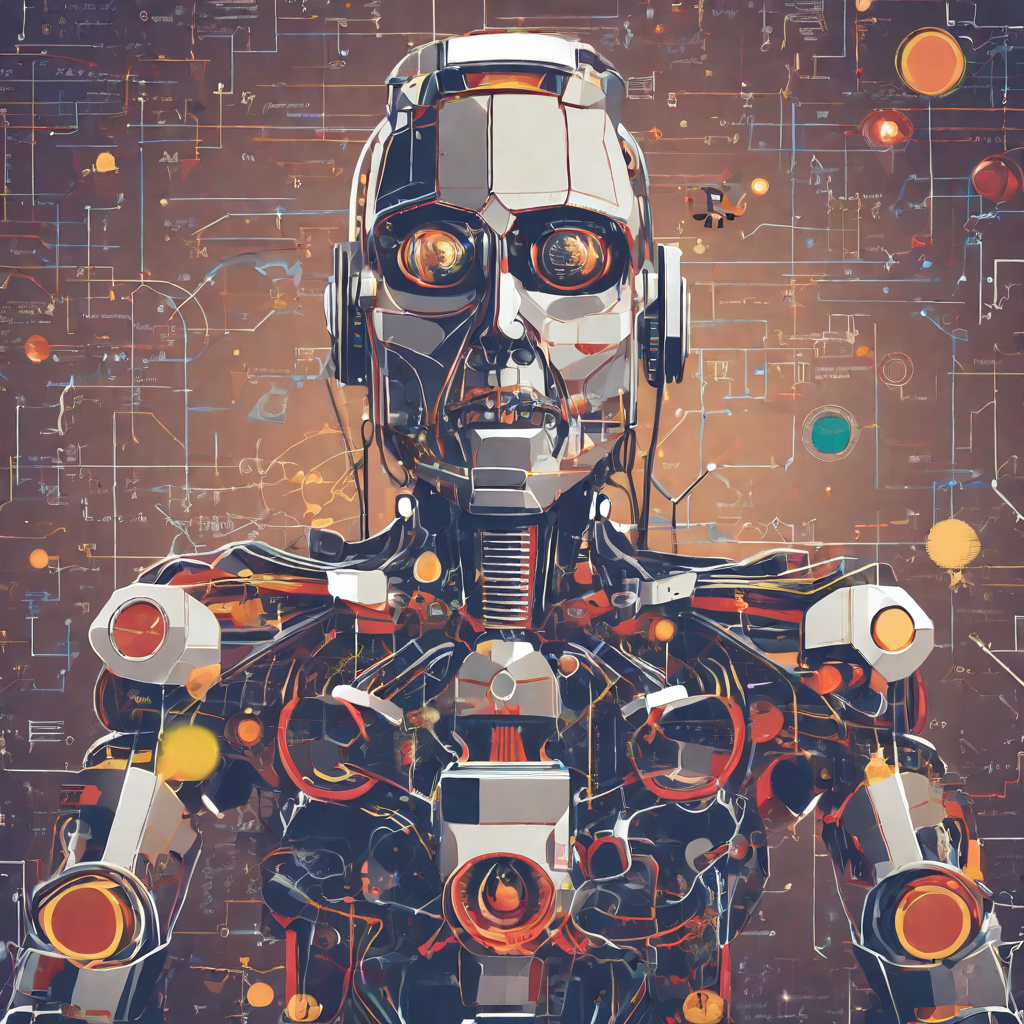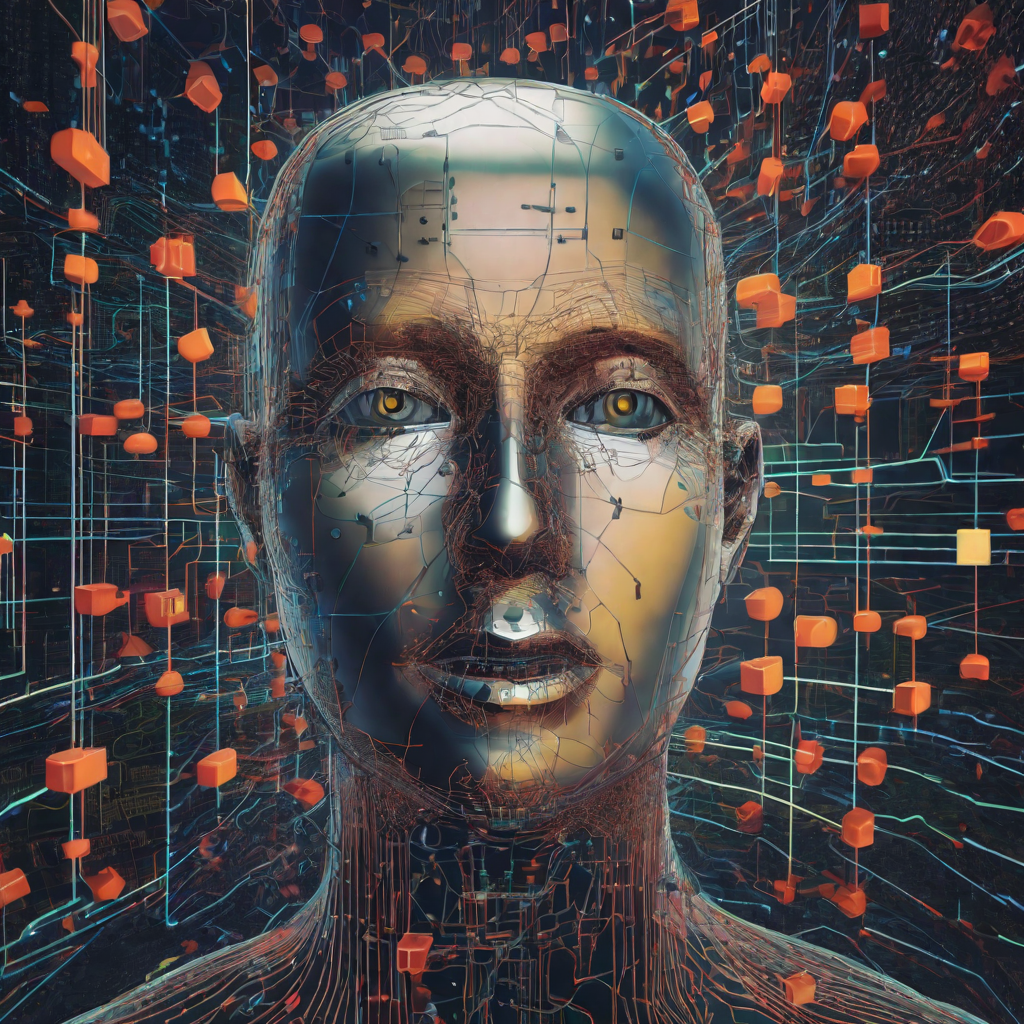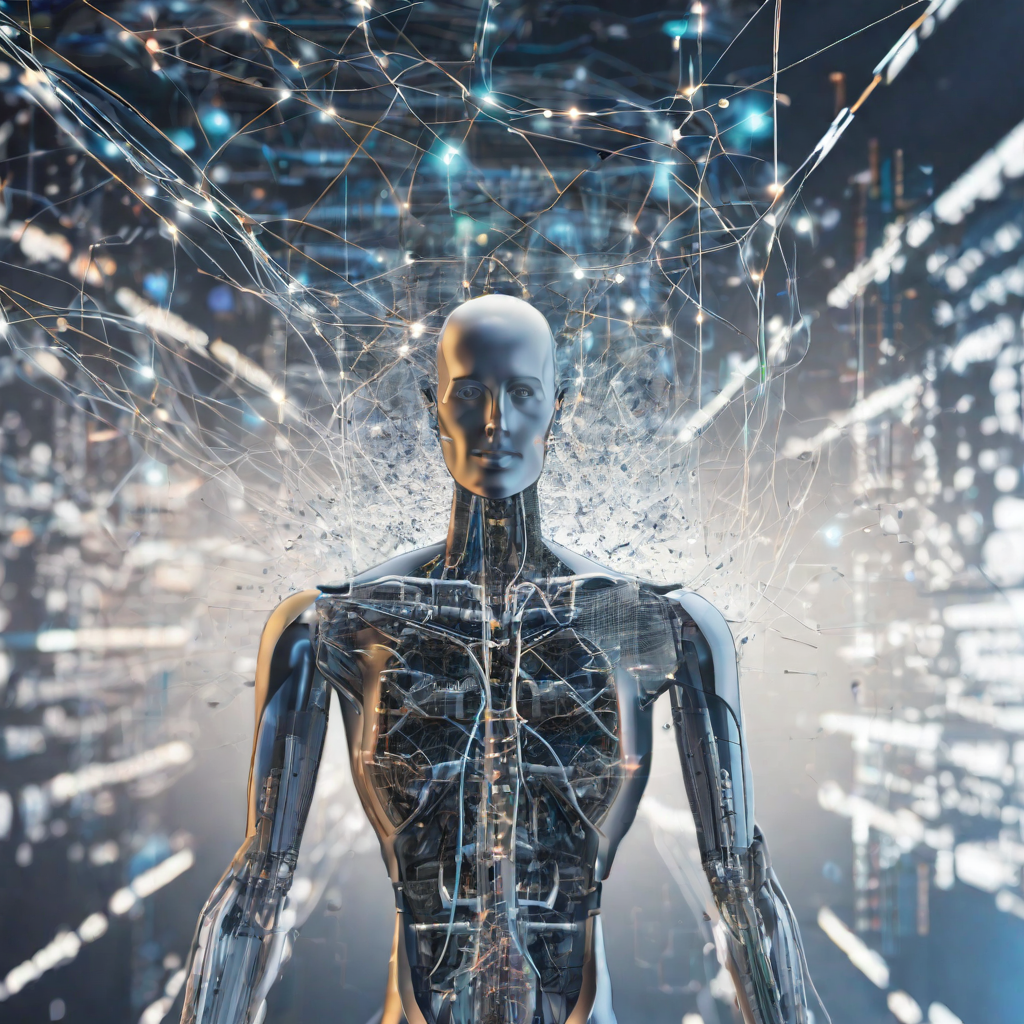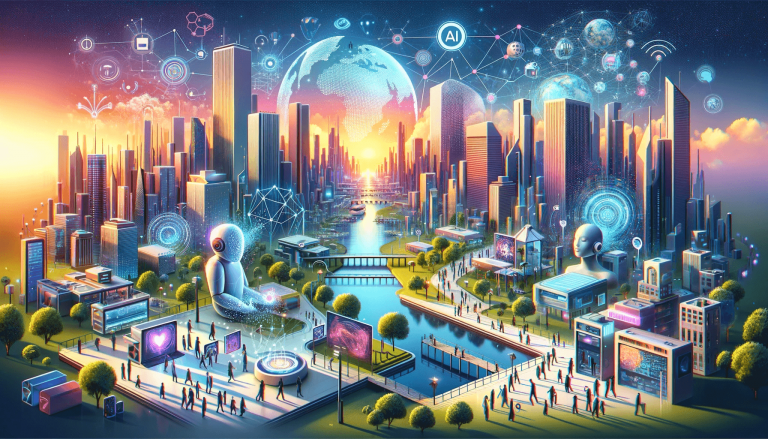Artificial intelligence (AI) has made enormous progress in recent years. One of the most important developments in this area is machine learning, deep learning and neural networks. These technologies enable computers to perform complex tasks that previously could only be performed by humans.
Contents
ToggleArtificial intelligence and machine learning
Machine learning is a method of artificial intelligence in which computers learn to recognize patterns in data and make predictions. There are many use cases for machine learning, from detecting malware in IT security to weather forecasting and predicting customer behavior. Machine learning integrates intelligence into business processes to make decisions more accurately.

Machine learning enables computers to learn from experience and continually improve. Processing large amounts of data can reveal patterns that would be difficult to detect by humans alone. This leads to better predictions and decisions in various areas.
An example of the application of machine learning is the diagnosis of skin cancer. By training algorithms with thousands of images of skin lesions, computers can help doctors identify potentially dangerous skin lesions.
Artificial intelligence and deep learning
Deep learning is a special form of machine learning in which computers use neural networks to solve complex problems. Neural networks are a model of artificial intelligence based on the human brain that enables computers to complete complex tasks. Deep learning has found many use cases, from image recognition to speech recognition.
Through the use of neural networks, computers can learn deep hierarchies of data representations, making them able to recognize complex patterns and relationships. This allows them to master highly complex tasks such as recognizing objects, translating languages or playing strategy games.

Deep learning has also made great progress in medicine. It can be used to analyze and interpret medical images, which helps doctors diagnose diseases. In addition, deep learning can be used to develop personalized treatment plans and improve the effectiveness of medications.
Artificial intelligence and neural networks
Neural networks are a model of artificial intelligence based on the human brain. They enable computers to complete complex tasks by recognizing patterns in data and making predictions. Neural networks have found many use cases, from image recognition to speech recognition.

A neural network is made up of interconnected neurons that work together to process information. Each neuron accepts input, performs calculations, and passes its results on to other neurons. By training with large amounts of data, neural networks can learn to recognize complex relationships and make precise predictions.
In medicine, neural networks can be used to predict the course of diseases and to develop new treatment methods. By analyzing genetic data, neural networks can suggest personalized therapies based on the patient's individual needs.
Application of machine learning, deep learning and neural networks in medicine
Machine learning, deep learning and neural networks have also found many use cases in medicine. They can be used to diagnose diseases and optimize treatments. Deep learning can be used to analyze and interpret medical images. Neural networks can be used to explore genomics and develop new drugs.
An example of the application of machine learning in medicine is the diagnosis of skin cancer. By training algorithms with thousands of images of skin lesions, computers can help doctors identify potentially dangerous skin lesions. This leads to improved early detection and treatment of skin cancer.
In addition, machine learning, deep learning and neural networks in medicine can also help analyze large amounts of medical data. By identifying patterns and relationships in the data, these technologies can help gain new insights into diseases and develop better treatments.
Application of machine learning, deep learning and neural networks in automation
Machine learning, deep learning and neural networks can also be used in automation. These technologies can be used to automate processes and increase efficiency. For example, they can be used in production to improve quality and reduce costs.
One application example is robot-controlled automation in the manufacturing industry. By training robots with machine learning algorithms, they can carry out tasks such as assembly, packaging or quality control independently. This leads to faster and more efficient production.
Machine learning, deep learning and neural networks are also used in the area of autonomous driving. By training vehicles with large amounts of traffic data, they can learn to recognize traffic situations and react accordingly. This contributes to improved traffic safety and efficiency.
Future
Machine learning, deep learning and neural networks will find many more use cases in the future. These technologies will change our lives and help us solve problems that previously seemed unsolvable.
In medicine, machine learning, deep learning and neural networks will help detect diseases early and develop personalized treatments. By analyzing large amounts of data, new insights are gained and medical research is advanced.
In automation, machine learning, deep learning and neural networks will help make production processes more efficient and cost-effective. Automated robots and vehicles will take on more and more tasks and relieve human work.
In addition, machine learning, deep learning and neural networks will be used in many other areas such as finance, energy and retail. They will help solve complex problems and make better decisions.
Conclusion
Machine learning, deep learning and neural networks are sub-areas of artificial intelligence that enable computers to carry out complex tasks that previously could only be carried out by humans. These technologies have found many use cases, from image recognition to speech recognition.
In medicine, they can be used to diagnose diseases, analyze medical images and develop new treatments. In automation, they help automate processes and increase efficiency.
Machine learning, deep learning and neural networks will change our lives even more. They will lead to innovations that we cannot yet imagine. It is important to further develop these technologies and use them responsibly to fully exploit their potential while taking ethical and legal aspects into account.
FAQ
Q: What is the difference between machine learning, deep learning and neural networks?
A: Machine learning is a method of artificial intelligence in which computers learn to recognize patterns in data and make predictions. Deep learning is a special form of machine learning that uses neural networks to solve complex problems. Neural networks are a model of artificial intelligence based on the human brain that enables computers to complete complex tasks.
Q: In which areas are machine learning, deep learning and neural networks used?
A: These technologies have applications in various areas such as medicine, automation, finance, energy and retail. They can be used to diagnose diseases, analyze images, predict customer behavior, optimize production processes and much more.
Q: How do neural networks work?
A: Neural networks consist of interconnected neurons that process information. Each neuron accepts input, performs calculations, and passes its results on to other neurons. By training with large amounts of data, neural networks can learn to recognize complex relationships and make precise predictions.
Q: What advantages do machine learning, deep learning and neural networks offer in medicine?
A: In medicine, these technologies can help doctors diagnose diseases, analyze medical images, and develop personalized treatment plans. By analyzing large amounts of data, new insights can be gained and better treatment methods can be developed.
Q: Are there ethical and legal issues related to machine learning, deep learning and neural networks?
A: Yes, the use of artificial intelligence raises ethical and legal questions. These include data protection, transparency of algorithms, discrimination and responsibility in autonomous systems. It is important to take these aspects into account and use these technologies responsibly.
Hopefully this FAQ could clarify your questions. If you have any further questions, I'm happy to help!



